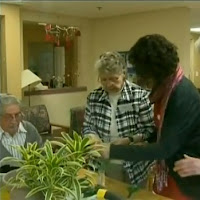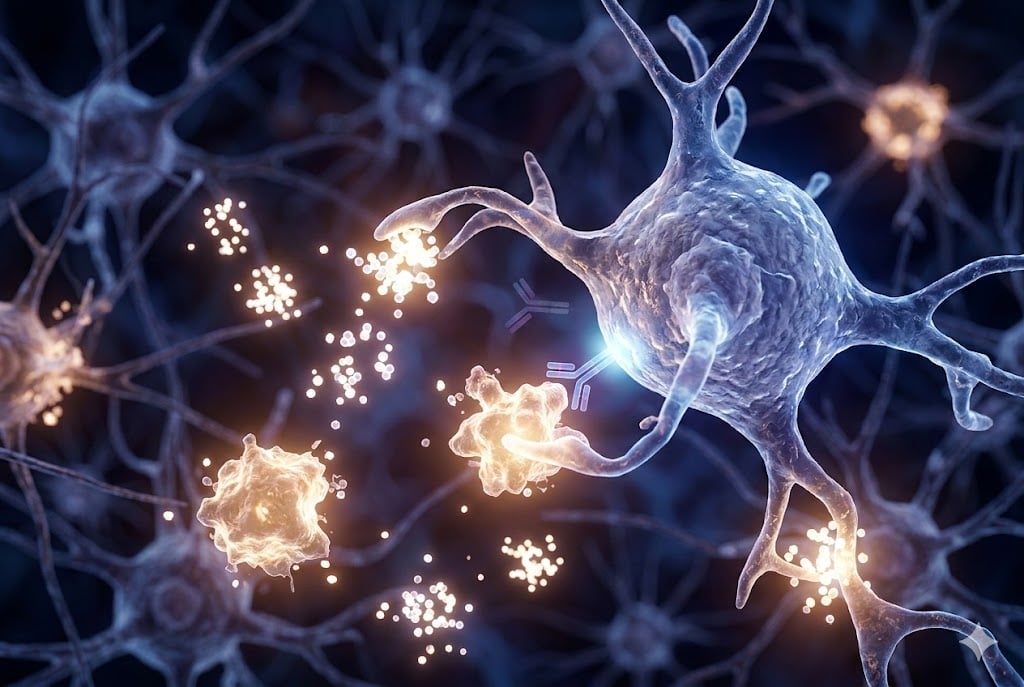
Explaining Alzheimer’s to Young Children: A Compassionate Guide
Explaining Alzheimer’s to young children can be a daunting task. Here are 10 easy suggestions for explaining Alzheimer’s to young children.

Explaining Alzheimer’s to young children can be a daunting task. Here are 10 easy suggestions for explaining Alzheimer’s to young children.

The book is beautiful. My 8 year old said to me after reading; “I think this book has a message, that it doesn’t matter if they remember you, they always love you.”

COMMUNICATING WITH DEMENTIA – VIDEO: Four teenagers and young adults tell us about their experiences of having a relative with dementia, as well as sharing their insights on keeping connected to that person.

“SANDWICH GENERATION CAREGIVERS” live sandwiched between their kids and their Alzheimer’s parent. All the new activity can add to an already hectic schedule. 5 tips can help keep the balance.

Many people are worried about ‘saying the wrong thing’ to someone living with dementia, yet a friendly face or listening ear can make the world of difference.

POWERFUL & INSPIRED VIDEO + LETTER: “The granddaughter of a conqueror” confronts Alzheimer’s with clear passion, letting it know how boldly a loving family can

When a hurricane hits Florida — or anywhere that has a very large population of people with dementia, there are special preparations that should be made by those living with dementia. Check these dementia-in-a-storm readiness lists.

In gardening, people with Alzheimer’s grow fresh plants along with better thinking. It’s a pleasant way to make things easier.

The co-founder of a caregivers’ organization introduces technology he has found helpful in caring for his grandmother with dementia.

When a hurricane hits Florida — or anywhere that has a very large population of people with dementia, there are special preparations that should be made by those living with dementia. Check these dementia-in-a-storm readiness lists.

In gardening, people with Alzheimer’s grow fresh plants along with better thinking. It’s a pleasant way to make things easier.

The co-founder of a caregivers’ organization introduces technology he has found helpful in caring for his grandmother with dementia.

People with dementia are enjoying yoga and dance classes at the Alzheimer’s Association. See why caregivers find the classes “EXTREMELY helpful.”
No spam, only news and updates.


